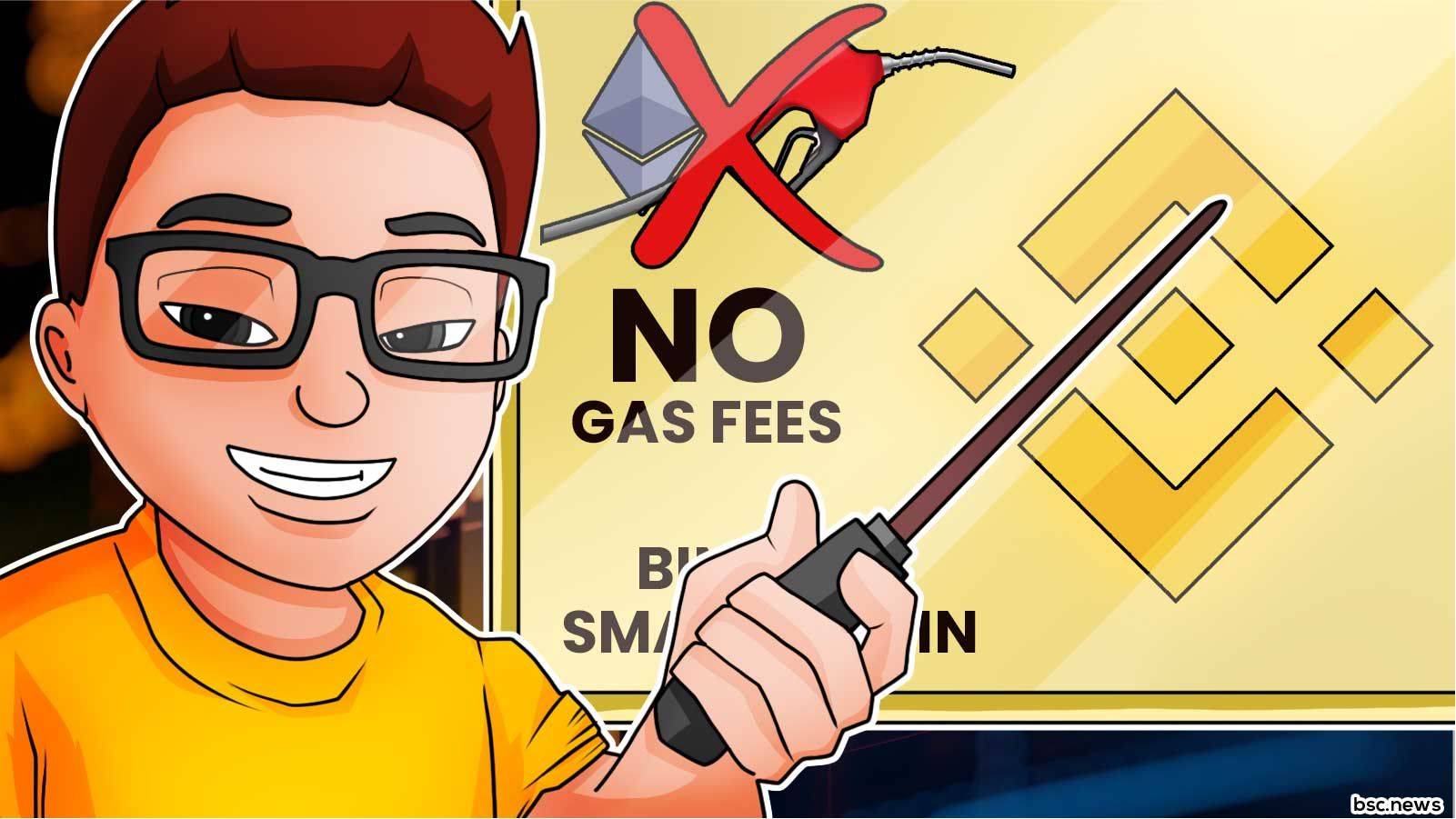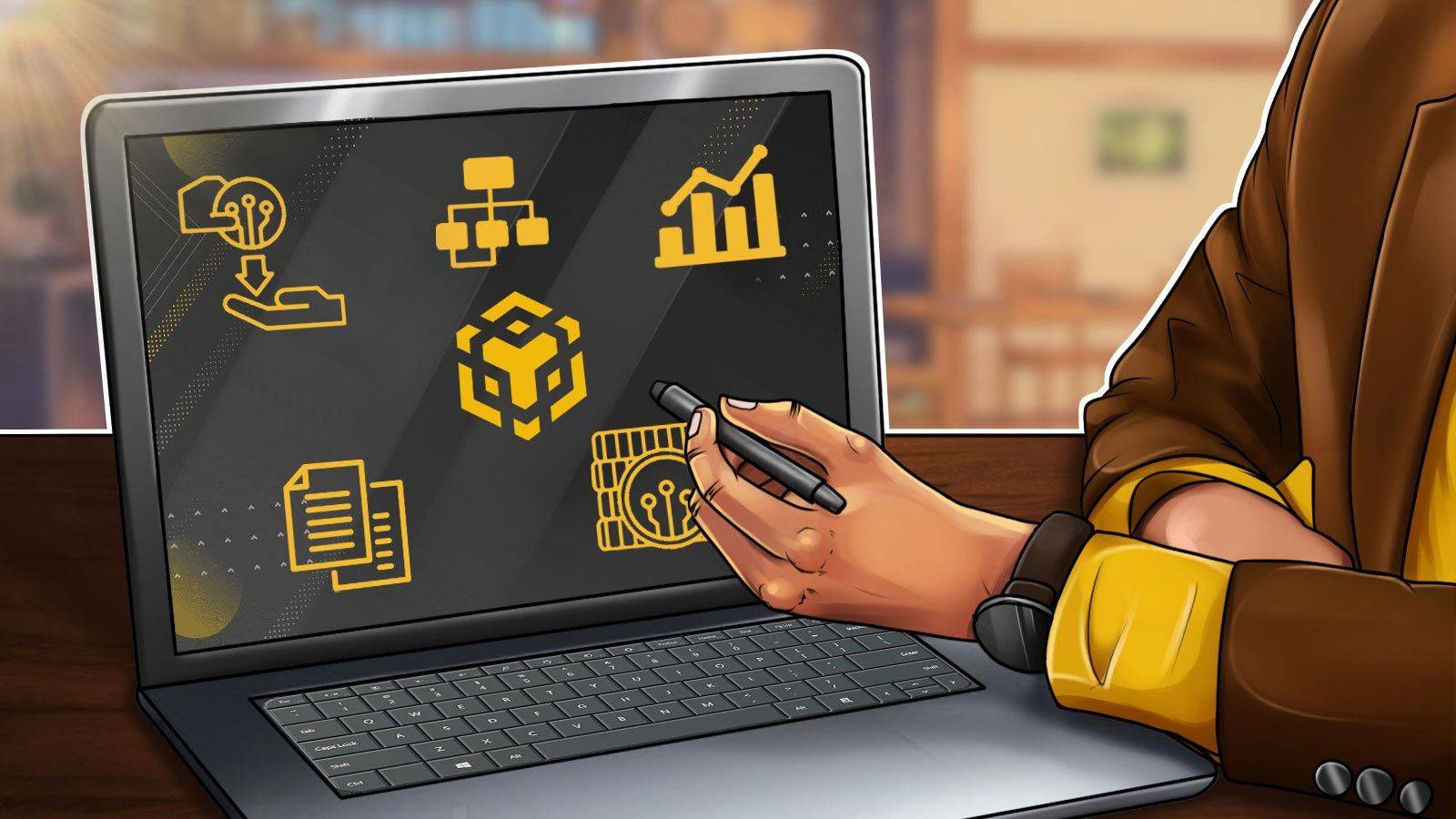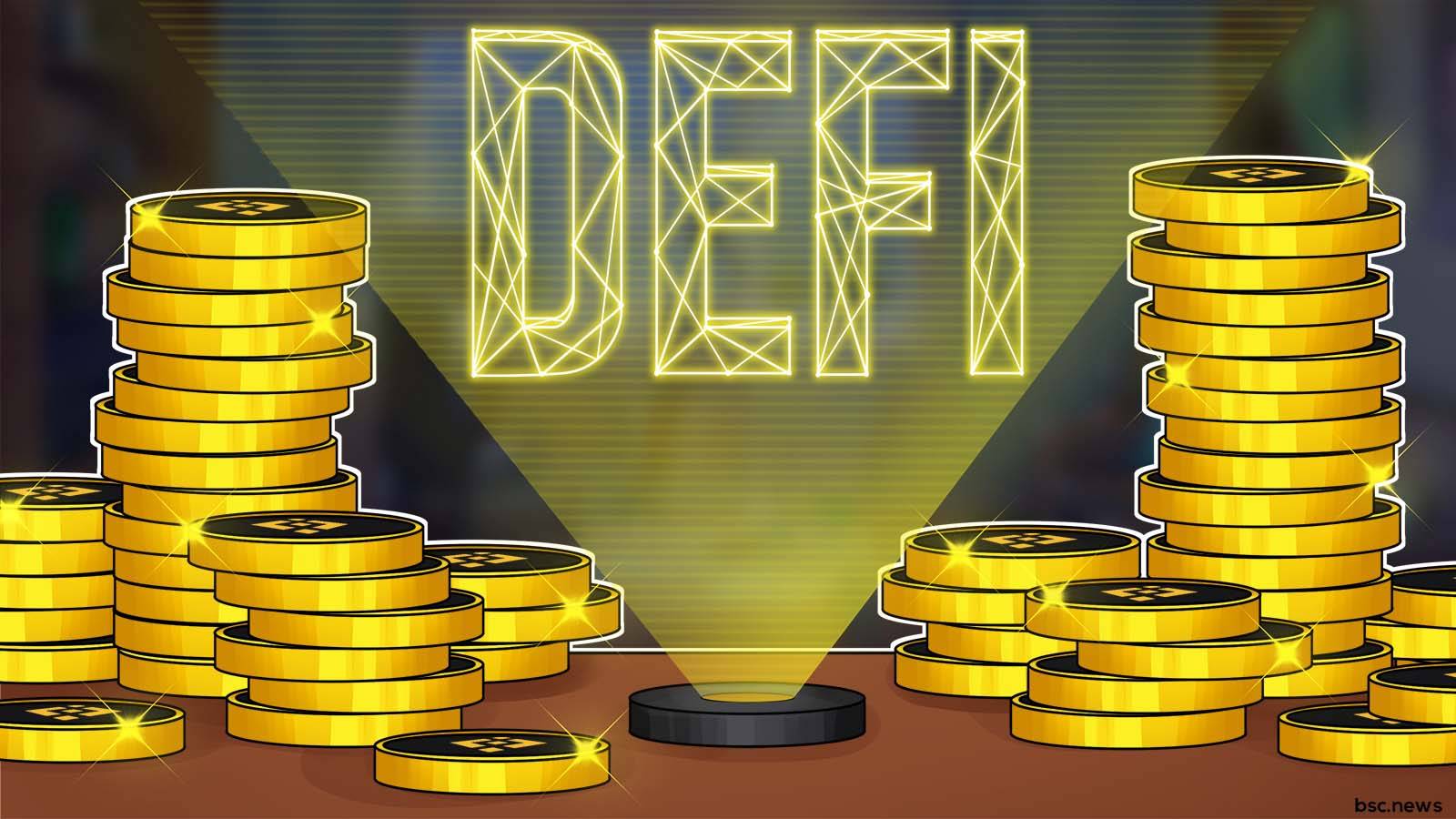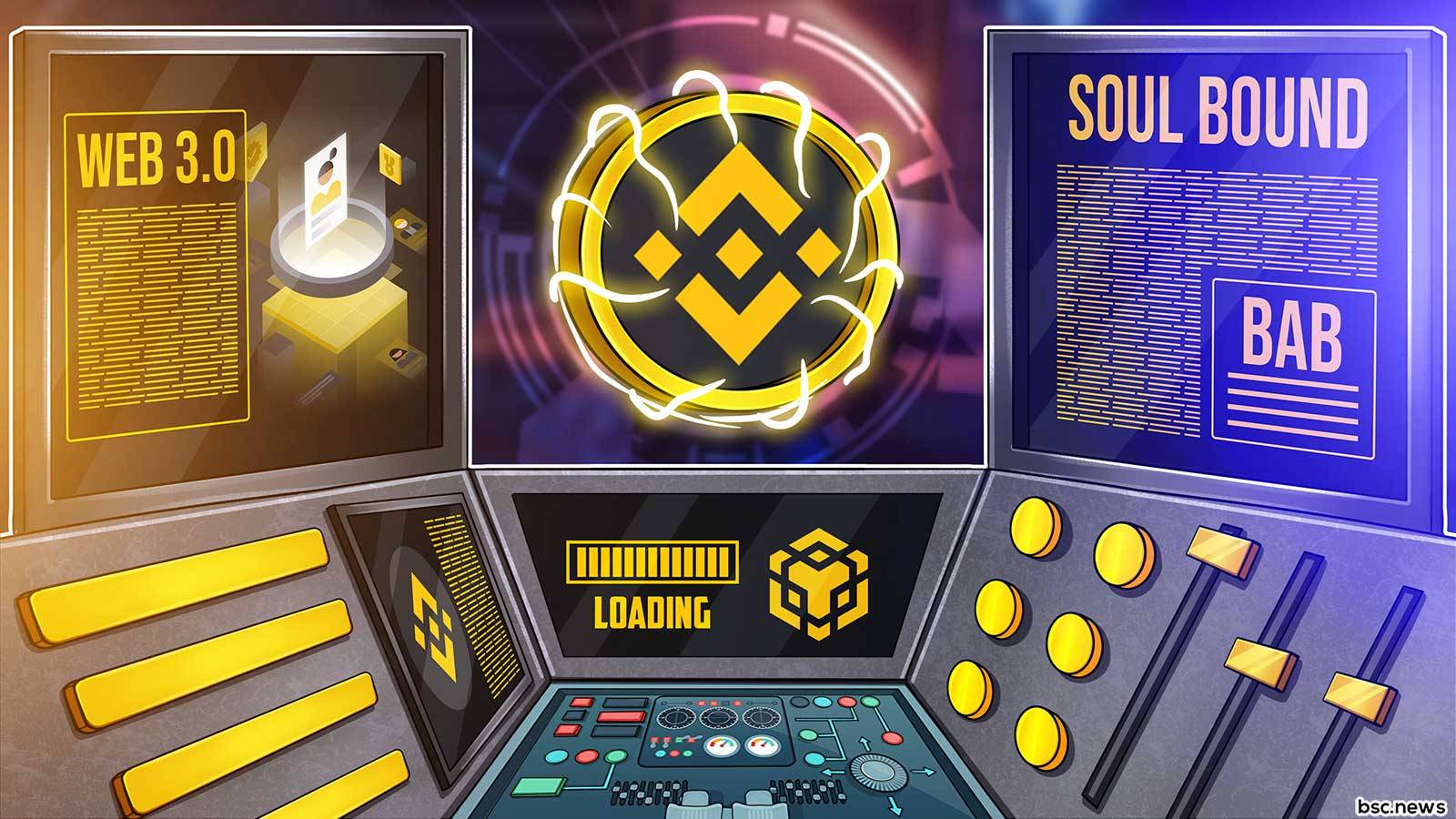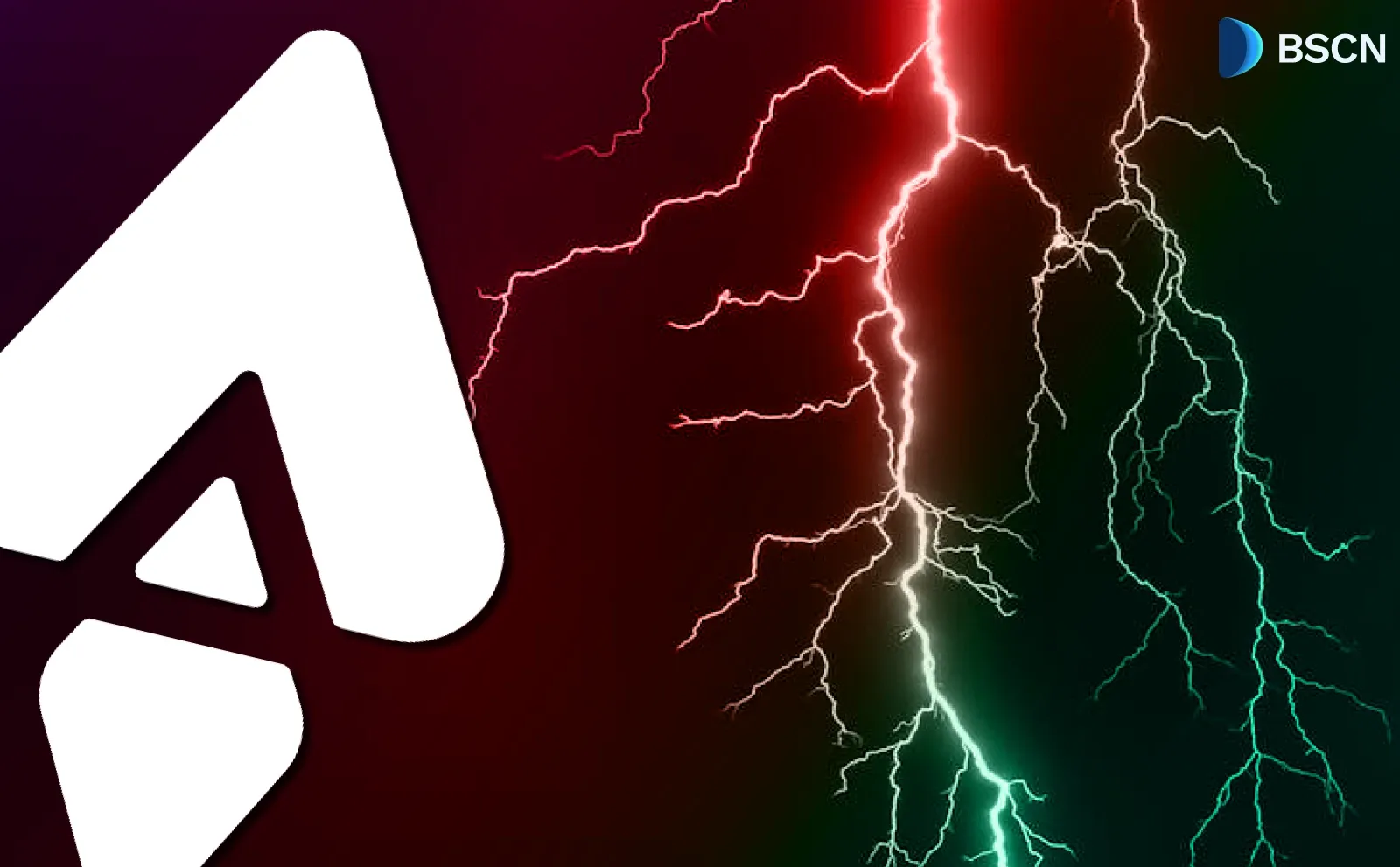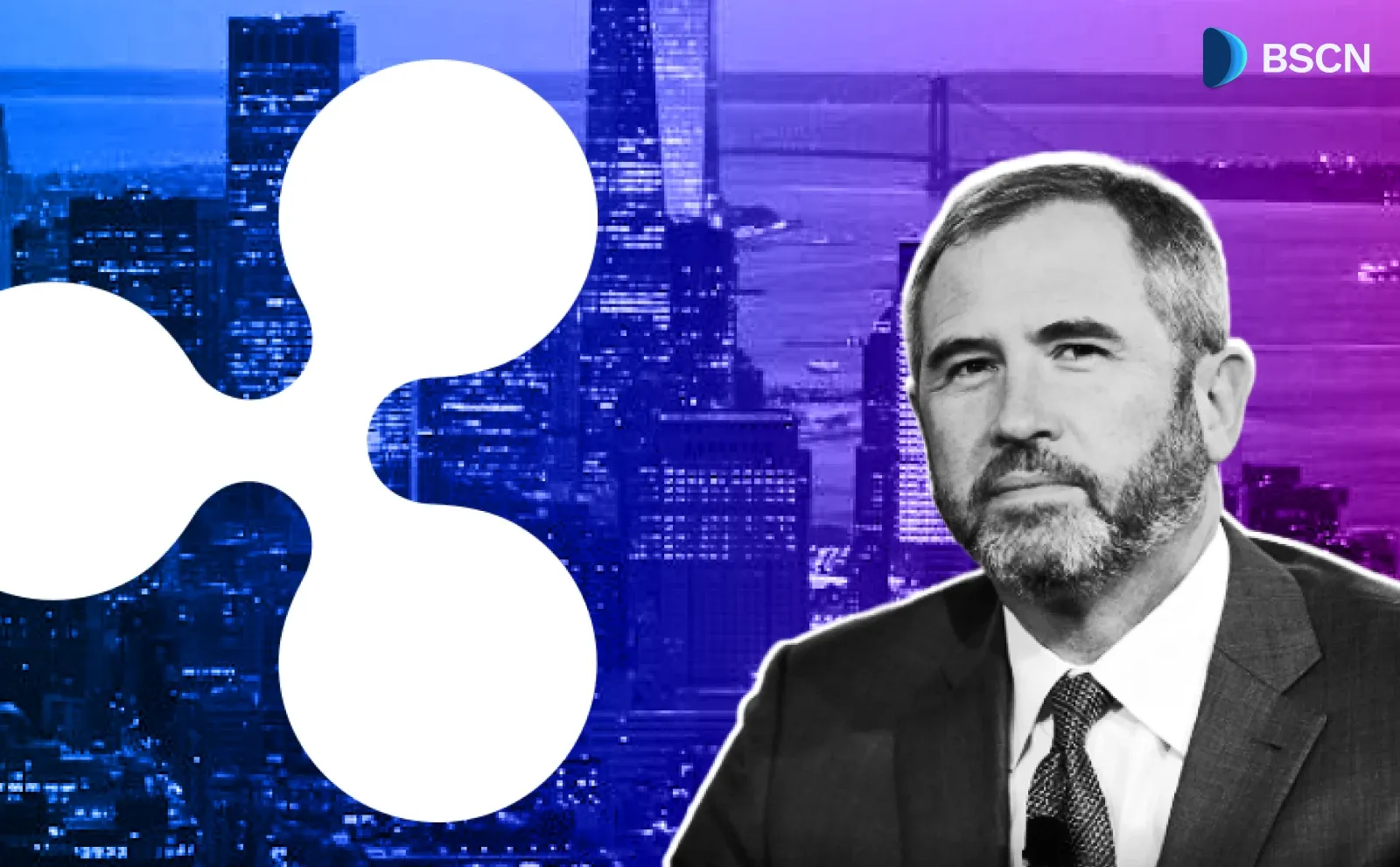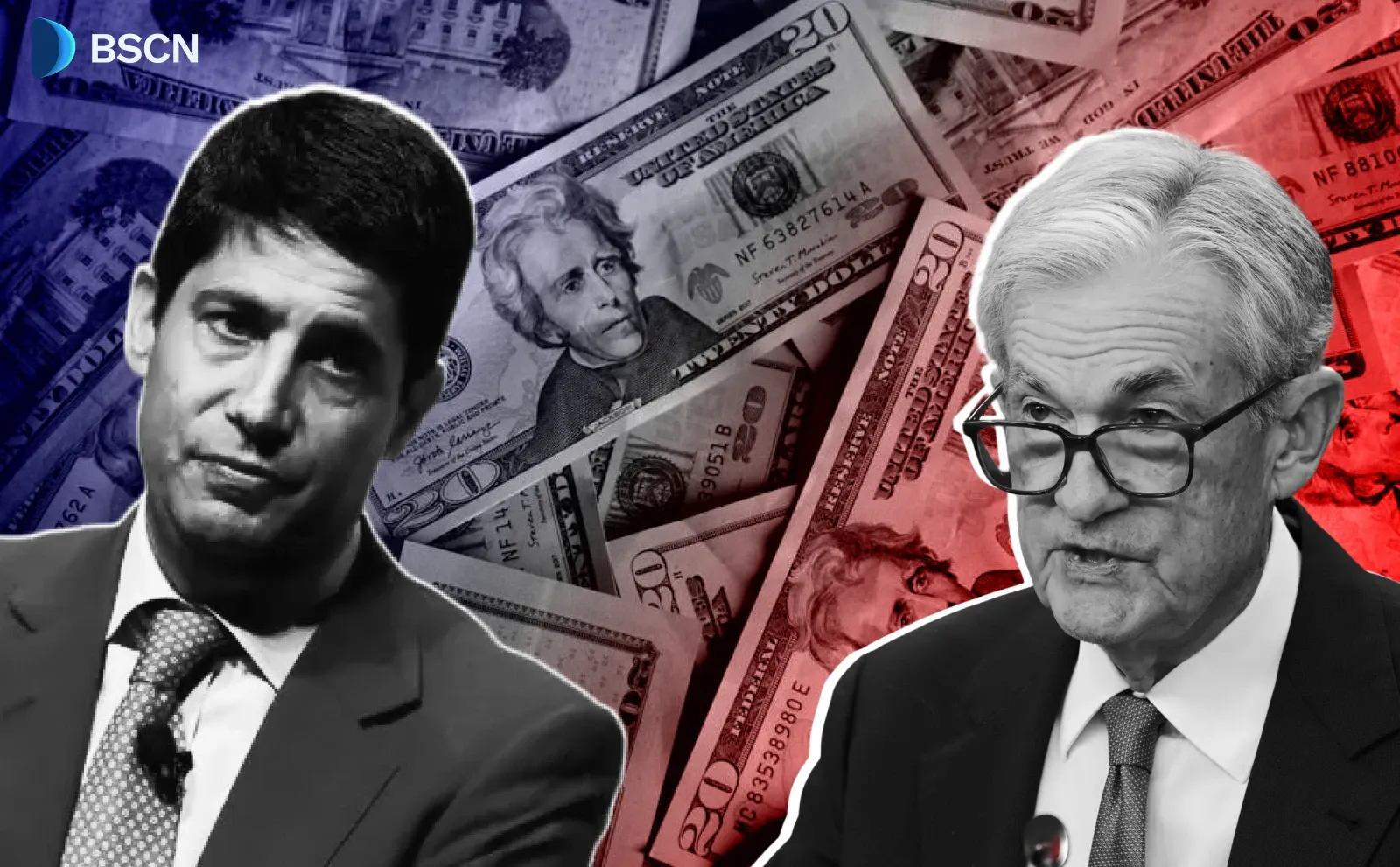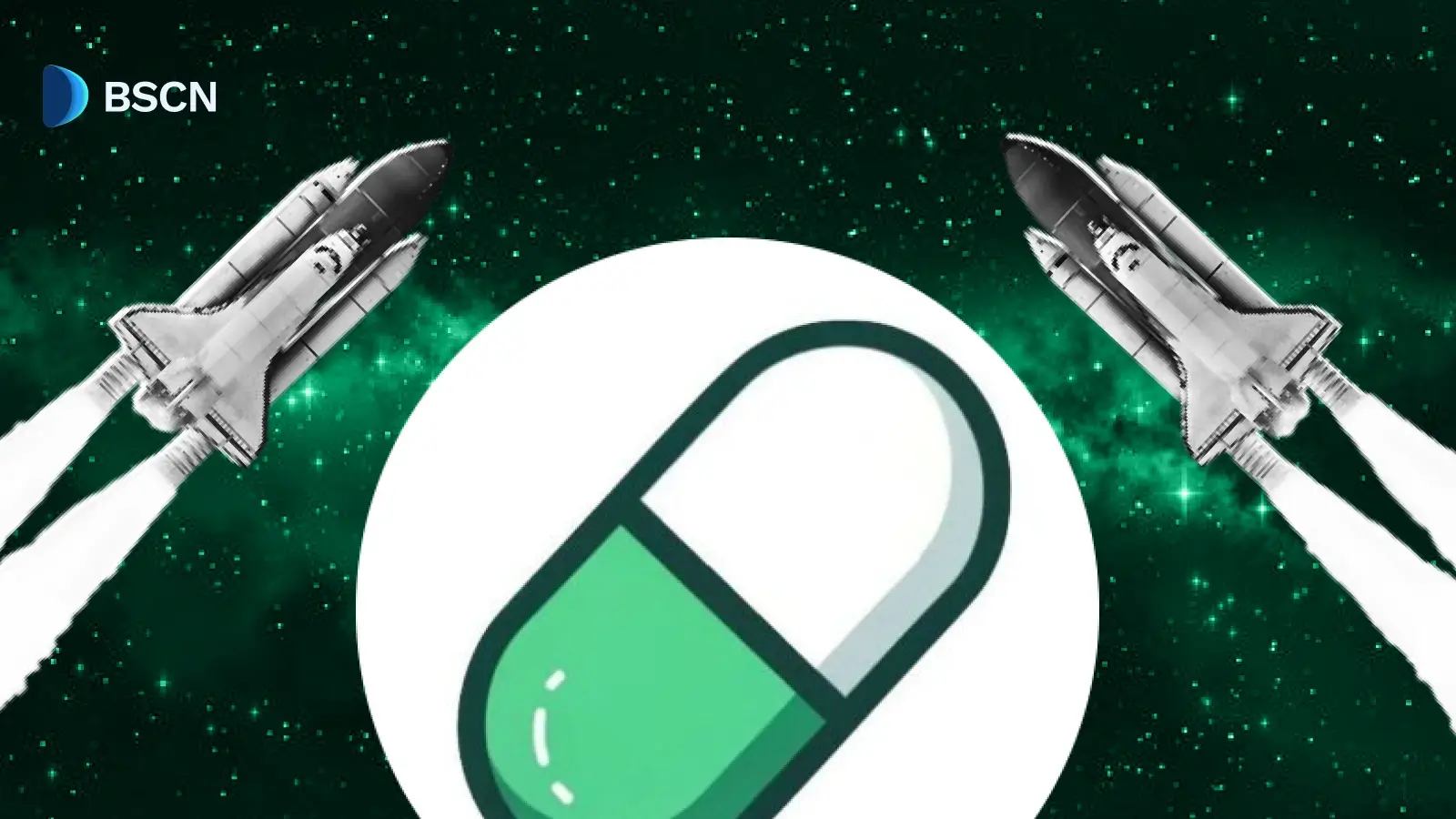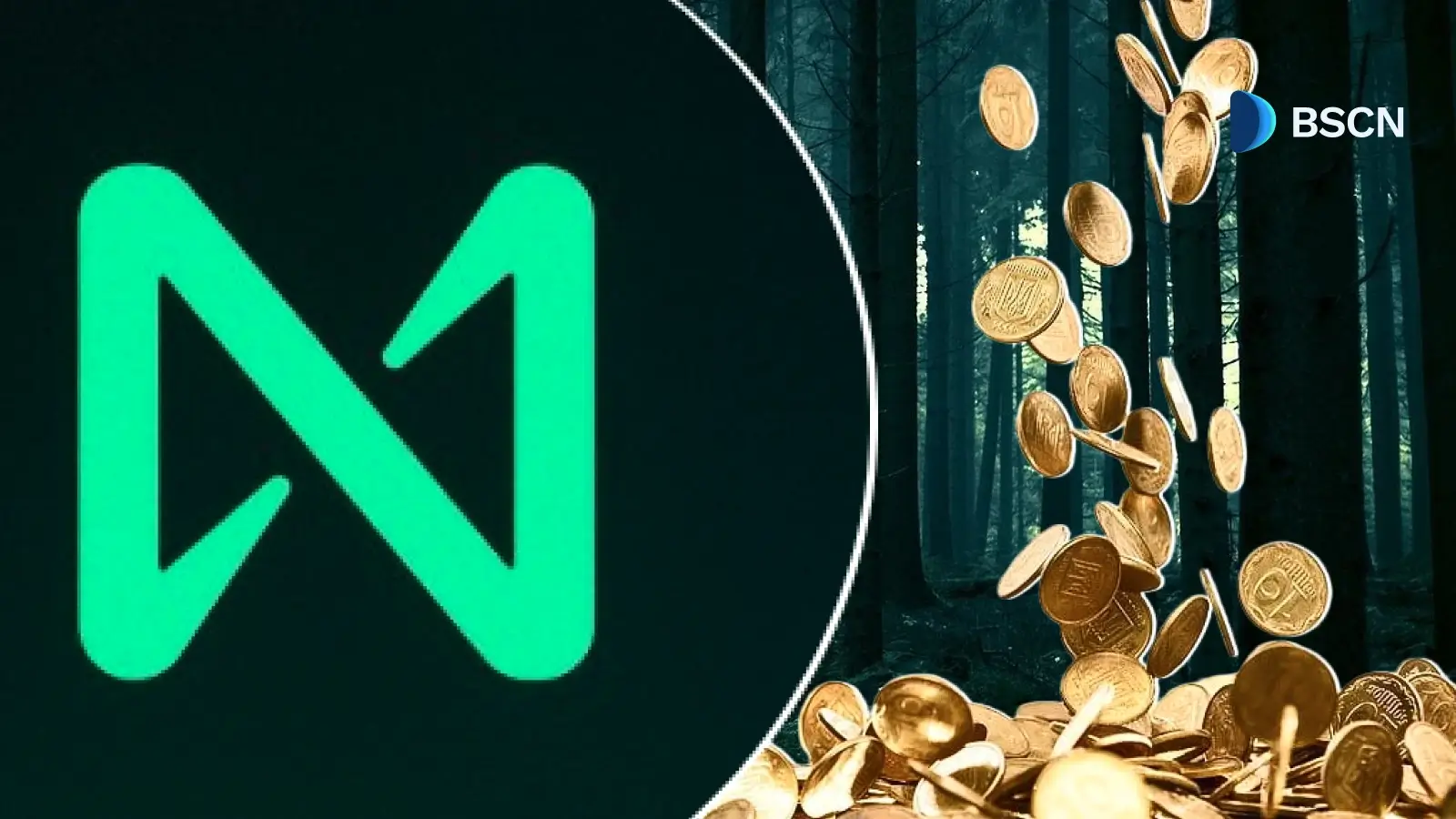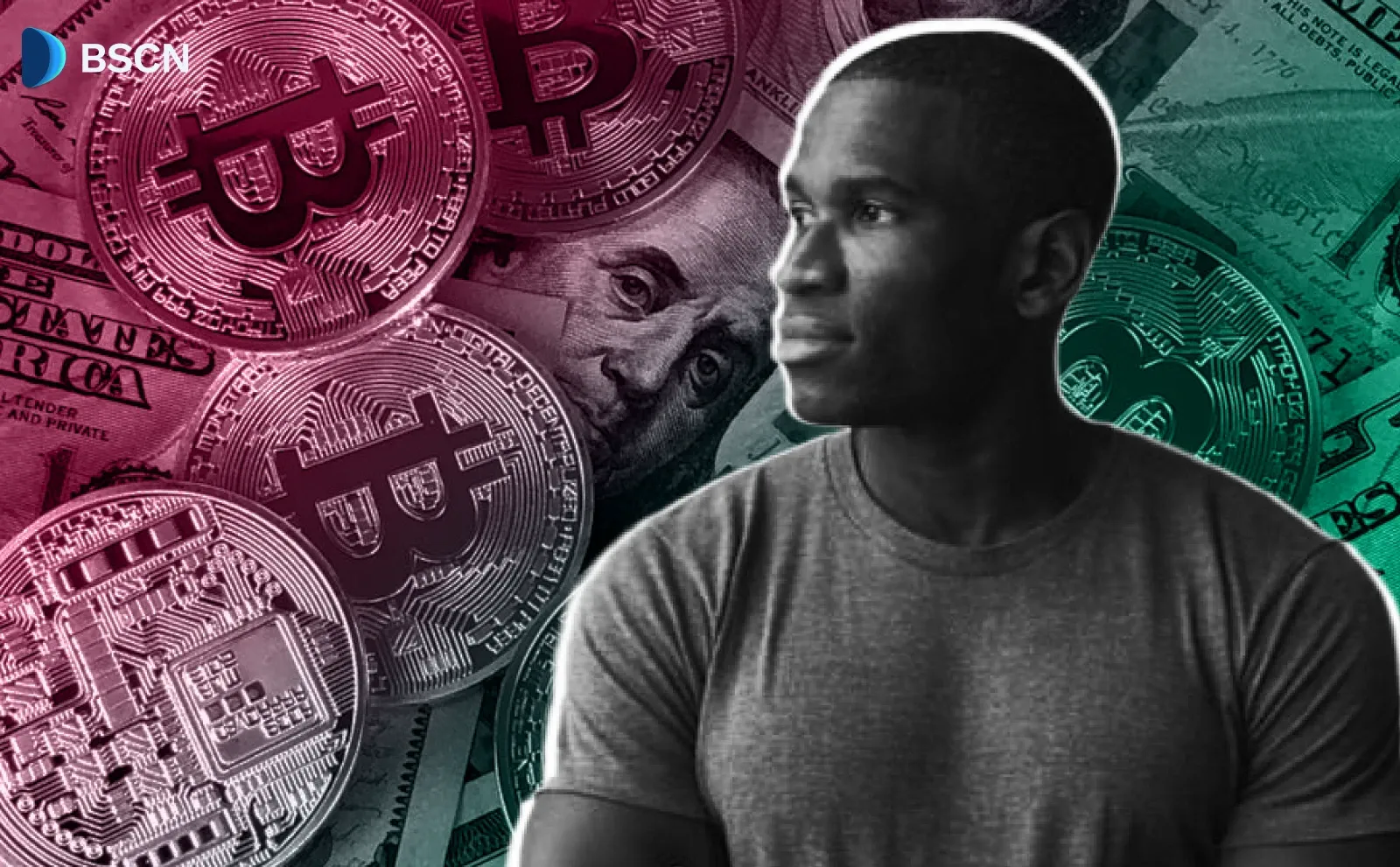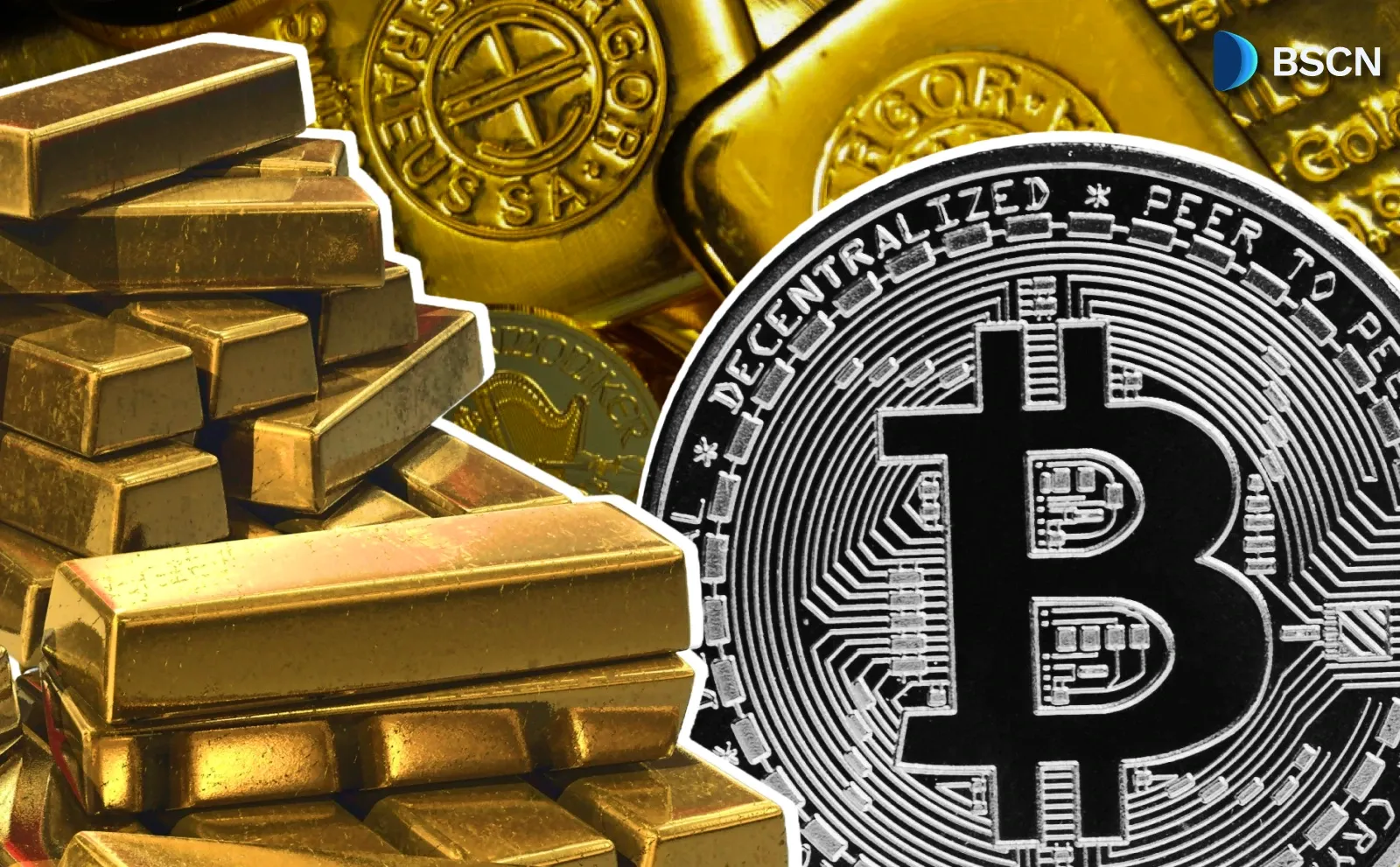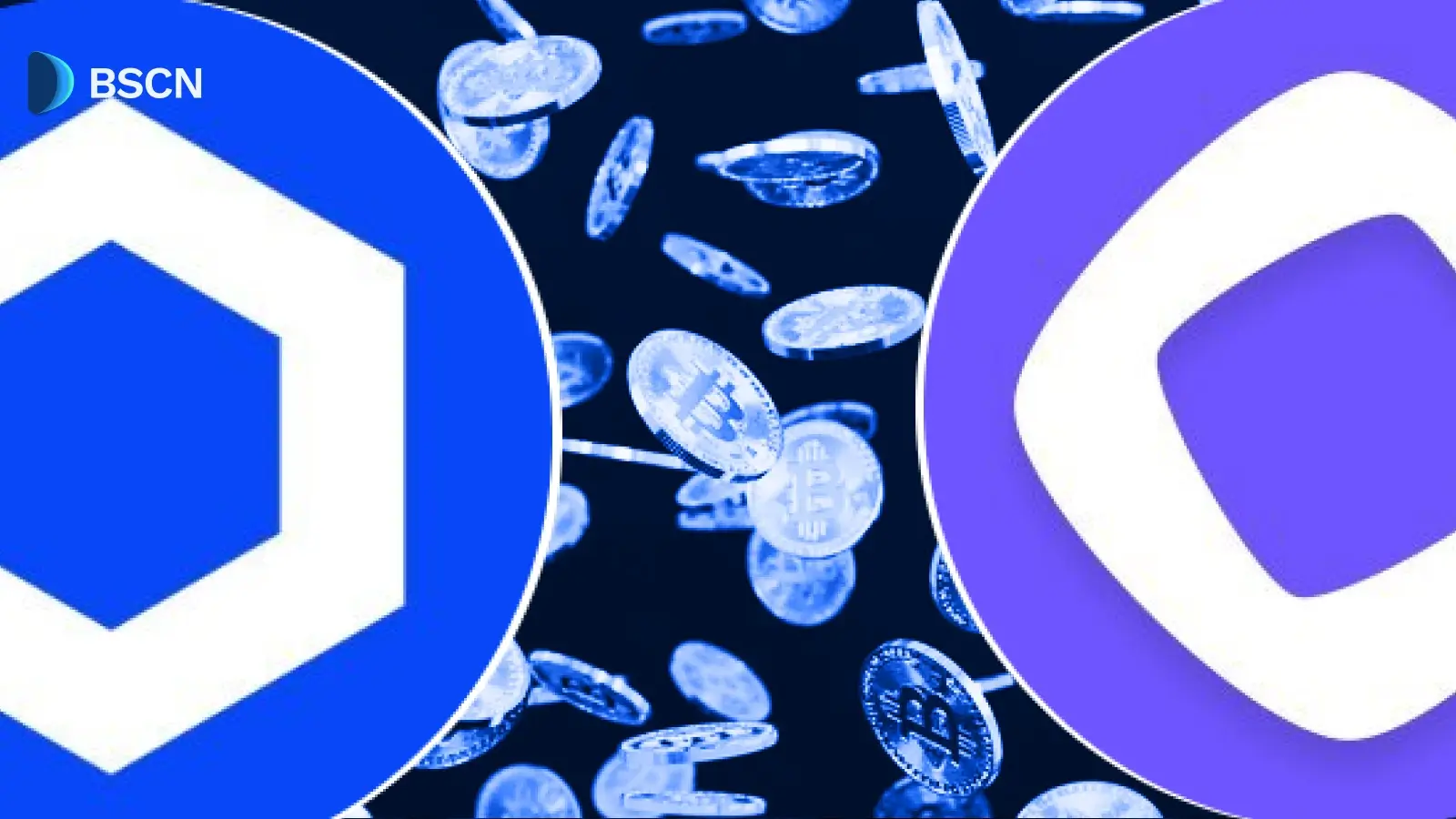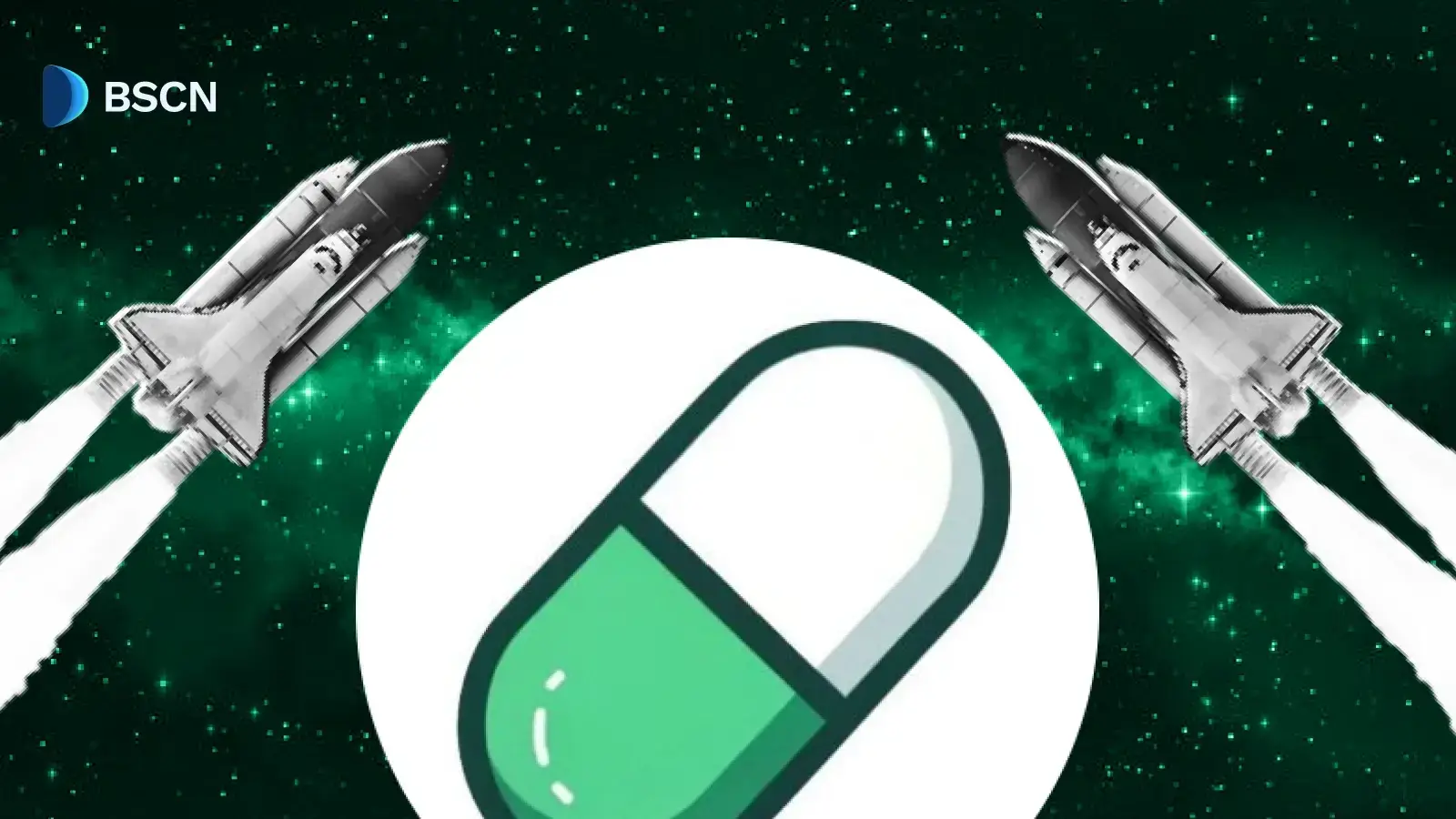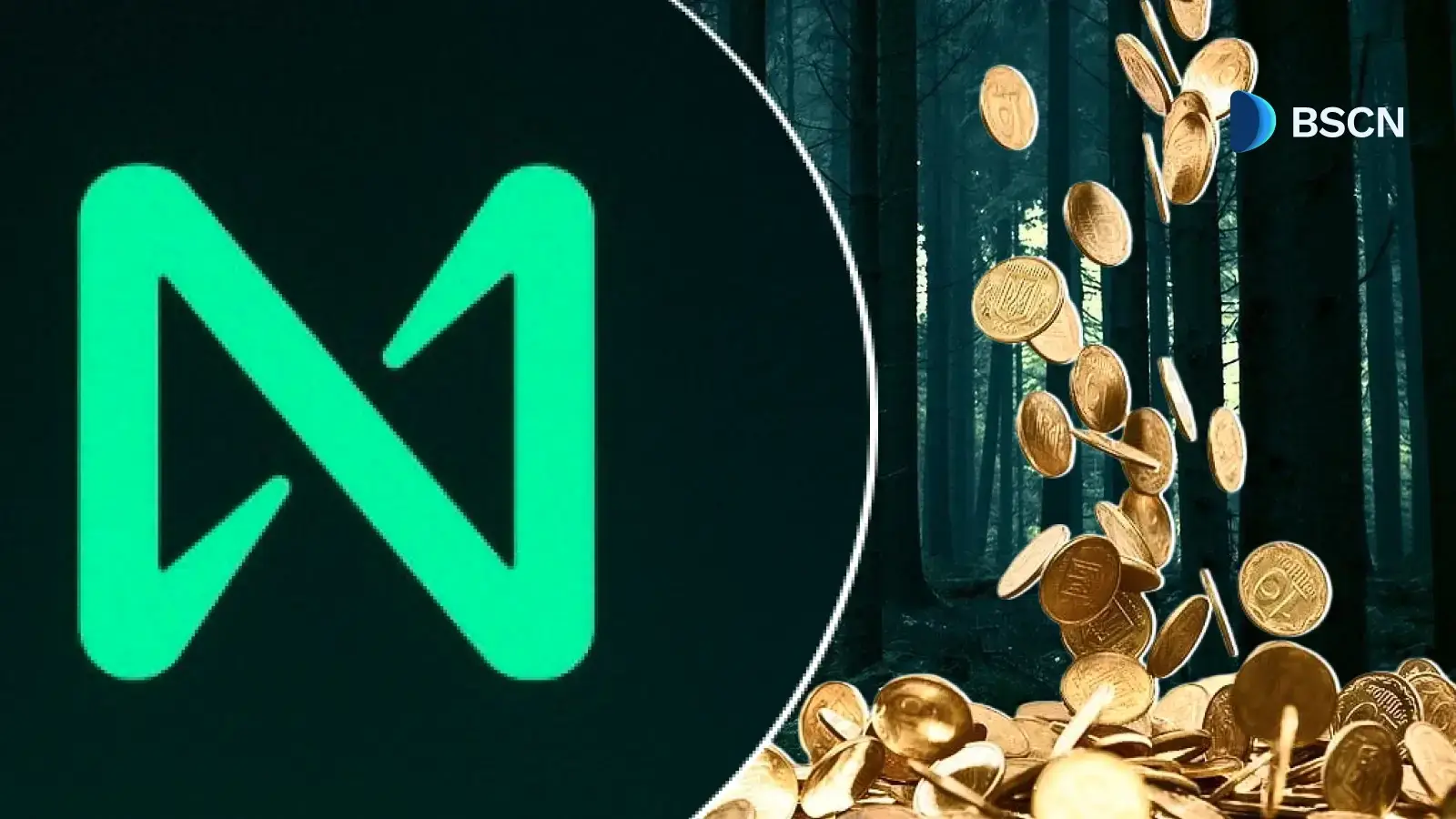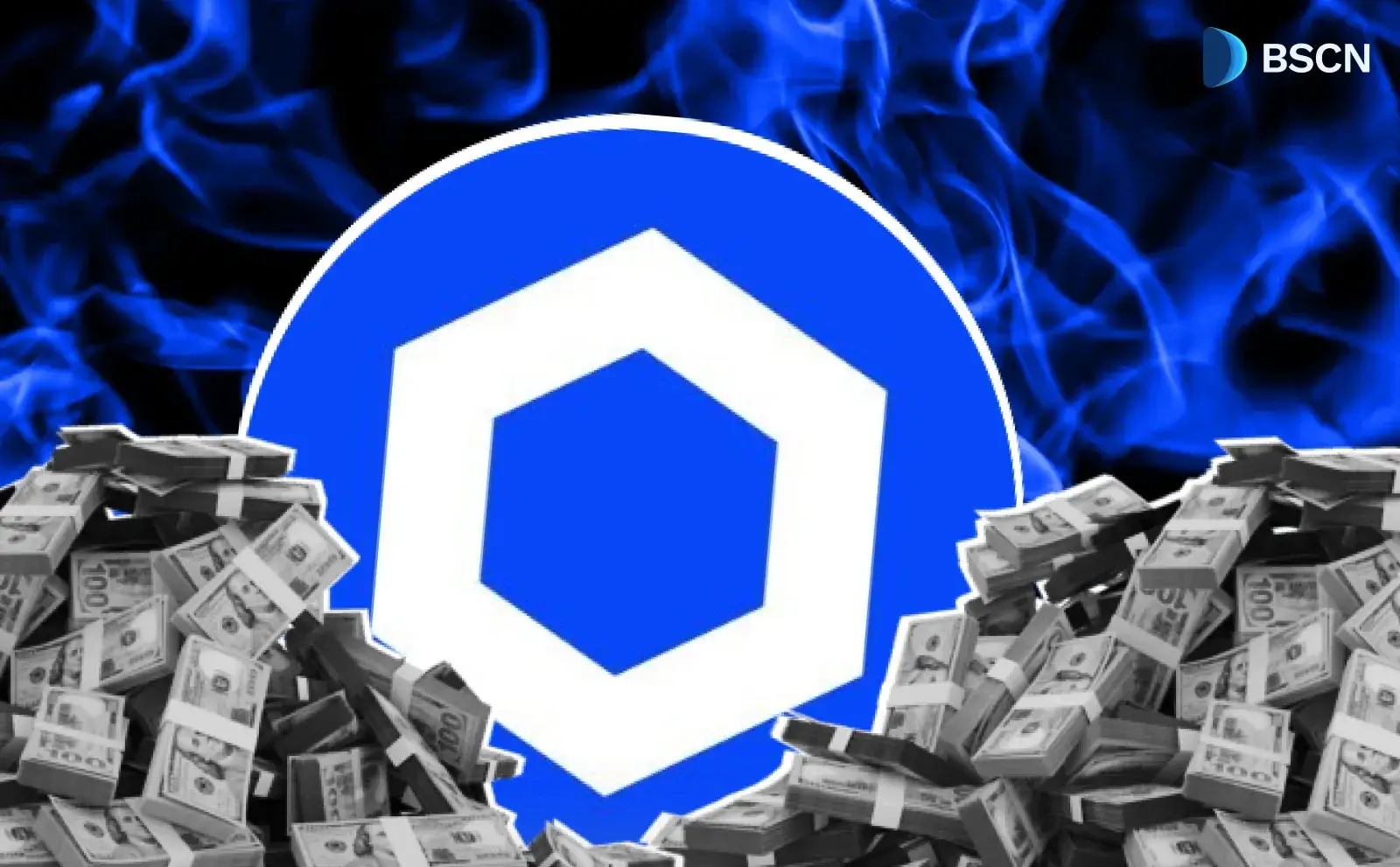What is the Binance Token (BNB)
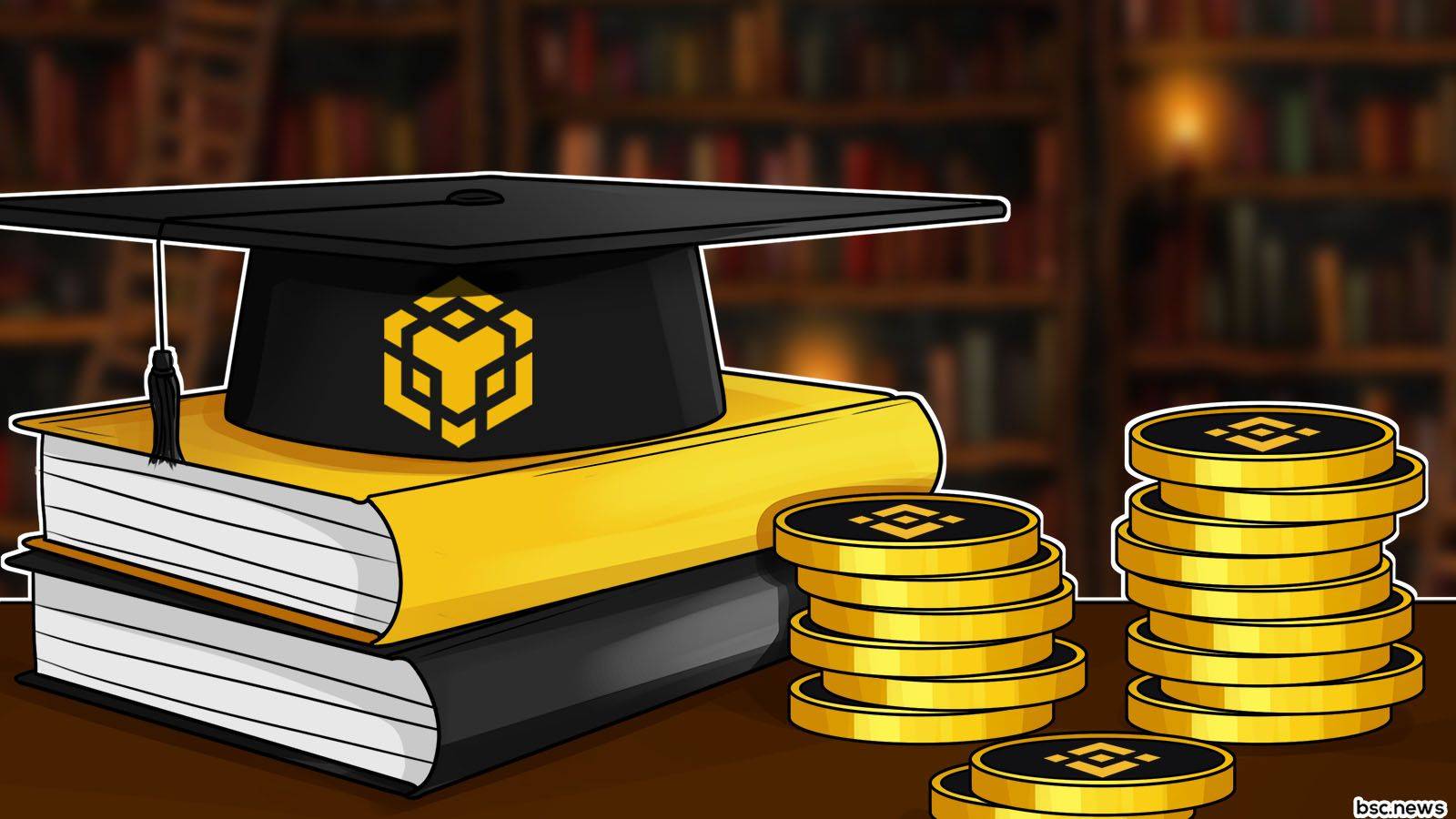
BNB went from being just a utility token for use on the Binance exchange to fueling the whole Binance ecosystem.
BSCN
February 8, 2021
Table of Contents
What is Binance Coin?
Curious about the recent surge in price and interest in Binance coin (BNB), reaching the high of $75 in the current market rally? Reduced costs per transaction! Okay maybe that’s not all, but low transaction fees among other features incentivize projects from other blockchain standards, e.g., ERC20, towards the BSC and Binance Chain. This has resulted in increased adoption and interest in the crypto ecosystem as more and more people join this growing network of choice. On top of this, the BNB coin boasts multiple use-cases throughout the Binance exchange and De-Fi ecosystem

Binance coin (BNB) is the cryptocurrency issued by the Binance crypto exchange platform. It’s the native coin of the Binance Smart Chain network (BSC blockchain), integrated with it several utilities, fueling the transactions done on the Binance smart chain network and its issuing exchange. It was initially deployed on the Ethereum blockchain when issued to the public in June - July of 2017, in its Initial Coin Offering (ICO) phase. This was done 11 days before the exchange opened for operations, minting a total supply of 200 million BNB. These tokens would later be reissued to its native chain BEP2 BNB on a 1:1 ratio after its mainnet migration two years later. The price did a record 22,000% six months after issuance, surpassing Bitcoin and Ethereum combined.
How does the BNB coin work?

BNB was initially issued to facilitate transactions done on the Binance exchange. For example, trading on the Binance exchange incurs a standard fee of 0.1% (Trading fees are estimated by your monthly trading volume and BNB holdings). Binance exchange allows users to either pay the trading fees with their assets or with BNB coin. If you choose to pay with BNB coin, there is a special discount attached, making it quite suitable for high volume and active traders on the Binance exchange. BNB will later extend its use-case to other aspects including, payment of travel expenses, decentralized finance applications, miners fees on the Binance Smart Chain network, ecommerce, and a plethora of other use cases.
The Significance of BNB?
Since the Binance Smart Chain network’s integration, the worth of BNB and its use-case have improved significantly due to its low fees and swift blockchain transaction per second (TPS), 37.29M transactions so far, and average speed of 9.9 tps. Confirmation time for transactions happens in seconds, super cheap compared to other legacy blockchain types, marred by slow confirmation and hiked fees.
Ease of Transaction

A notable aspect of the Binance ecosystem is the transaction speed and costs, which stood out quite distinctly compared to other networks. A lot of blockchain users find this single fact quite appealing for use. Imagine paying a $200 gas fee for $240 worth of cryptos. It doesn’t add up correctly for traders in terms of return on investment (ROI). It has become commonplace to find traders switching to Binance chain solutions for trading activities. Speed is excellent, on top of the fee structure revolving around BNB which is quite lucrative. Any trader or DeFi user will be willing to jump ship with these two new features in place.
BNB Burn

Every quarter Binance chooses to burn off its supply, which acts similarly to a dividend system. What started as a 200 million total supply is significantly less than that today, with 154 million BNB in circulation currently. This quarterly event reduces the coin supply, with a target to increase the price, a strategy that has worked flawlessly since the start of the burning exercise. Coins are bought from the open market and burnt, with a target of 50% of the total supply. In the most recent and largest BNB burn Binance bought back and burned over 160,000,000 USD worth of BNB.
For those who wish to learn more about deflationary mechanics check out the following article:
Weakness of BNB
There has been growing concern about the centralization of the Binance ecosystem. Many feared the growing influence in one man’s hands, one central entity, and believe that this doesn’t befit blockchain’s decentralization status. However, with the distribution of its smart chain network, centralization concerns are growing thinner. Centralization vs decentralization will be an age-long argument, but at this point in time Binance has shown its attempts to preserve decentralization.
Final Thoughts on BNB
BNB went from being just a utility for use on the Binance exchange to fueling the whole Binance ecosystem. Its growth calls for significant concerns among the crypto community, especially with growing concerns of the network reaching its threshold in terms of usage and volume of transactions. However, it boasts speed and relatively low fees, being among the cheapest in the industry.
Many are speculating widely that the BNB asset could reach a much bigger price value in the future. What’s the next move of the prolific Binance CEO Changpeng Zhao, famously known as CZ? Only time will reveal what new use case is about to come in, maybe NFTs?
Don’t forget to download the BSC News mobile application on iOS and Android to keep up with all the latest news for Binance Smart Chain and crypto! Check out the DeFi Direct Linktree for all the access links.
For those looking for tools and strategies regarding safety and crypto education, be sure to check out the Tutorials, Cryptonomics Explainers, and Trading Tool Kits from BSC News.
Read Next...
Disclaimer
Disclaimer: The views expressed in this article do not necessarily represent the views of BSCN. The information provided in this article is for educational and entertainment purposes only and should not be construed as investment advice, or advice of any kind. BSCN assumes no responsibility for any investment decisions made based on the information provided in this article. If you believe that the article should be amended, please reach out to the BSCN team by emailing [email protected].
Author
 BSCN
BSCNBSCN's dedicated writing team brings over 41 years of combined experience in cryptocurrency research and analysis. Our writers hold diverse academic qualifications spanning Physics, Mathematics, and Philosophy from leading institutions including Oxford and Cambridge. While united by their passion for cryptocurrency and blockchain technology, the team's professional backgrounds are equally diverse, including former venture capital investors, startup founders, and active traders.
Crypto Project & Token Reviews
Project & Token Reviews
Comprehensive reviews of crypto's most interesting projects and assets
Learn about the hottest projects & tokens



